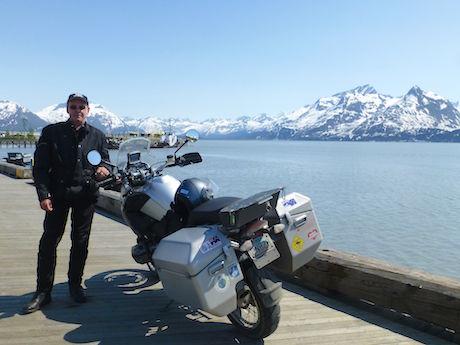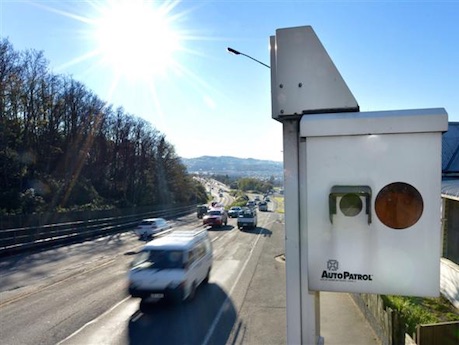New Zealand police have admitted that fixed speed cameras have not been operating for almost a year, yet the road toll hasn’t skyrocketed.
Veteran New Zealand motorcycle tour guide Peter Colwell says this shows that fixed speed cameras don’t have much of an effect on the road toll.
“If the lack of tickets in the mail recently has been matched by an increase in road deaths, then clearly the cameras are the saviour we are constantly told,” he says.
“But if there has been no discernible difference in road trauma then clearly all the money raised by operating cameras has no effect.
“Either way, the cameras are exposed as revenue raisers for all to see.”
Kiwi road toll stats show show fatalities are lower than in 2010 and 2012.
The revelation that NZ fixed cameras are not operating was exposed in a New Zealand Herald newspaper article on June 3 2016.
“None of the fixed speed cameras in Rotorua, and much of the rest of the country, are working,” the article says.
“Police have confirmed, as a result of a Rotorua Daily Post inquiry, fixed speed camera boxes at 45 sites around the country have not had working cameras inside, some for more than a year.”
NZ police are now swapping the cameras for digital cameras that we presume will actually operate.
However, whether they reduce the road toll now seems a moot point.
There may have still been a speed deterrent in the cameras being visible to traffic and the fact that police claim they supplemented the cameras with mobile units and patrols.
However, Peter says he has checked the Kiwi road toll back to 1921 and it started dropping after an influx of modern Japanese vehicles with safety technology such as ABS and traction control.

“To say that speed cameras had anything more than a negligible effect, is stretching credibility in the face of the benefits of modern technology,” he says.
“Another unique factor in New Zealand is the very large number of foreign tourists who either usually drive on the right, or are just plain bad drivers not used to the winding roads of New Zealand. Up to 80% of highway traffic on the lower South Island is foreign tourists. Most would not know a camera if they ran over it.”
His company, Te Waipounamu Motorcycle Tours, has 97 motorcycles and full bookings for the season, yet has fewer serious accidents these days.
“I’m absolutely convinced that ABS and traction controls play a huge part in that,” he says.
“Most accidents now are either parking lot drops, or judgement errors.
“There is a place for fixed cameras, but there are too many and and drivers’ attention is diverted to looking for them, not road hazards. It’s the same effect as speedo-gazing.”


